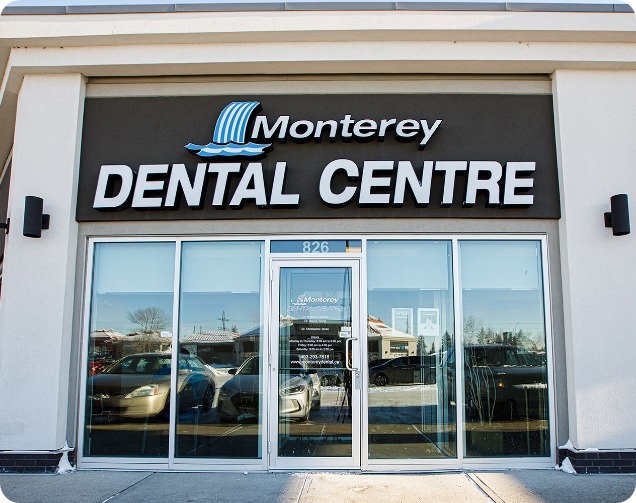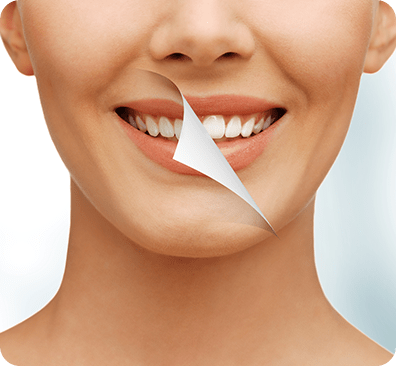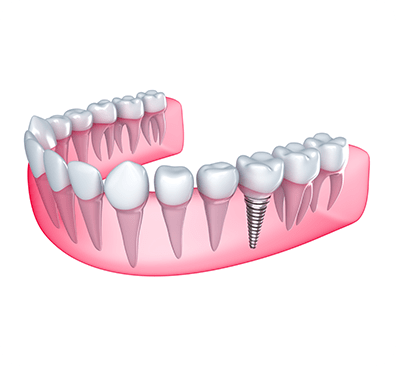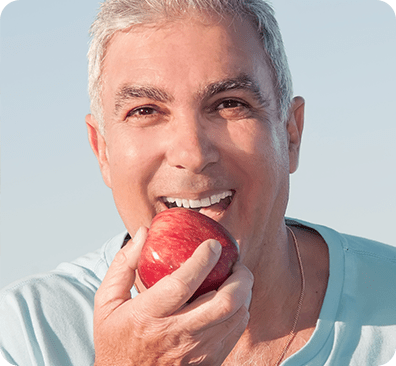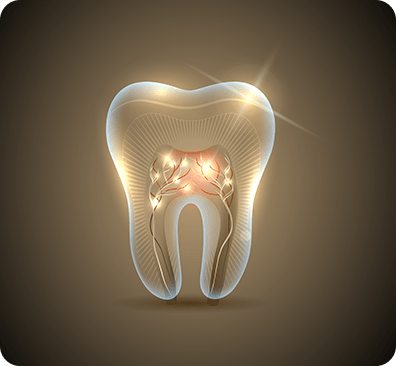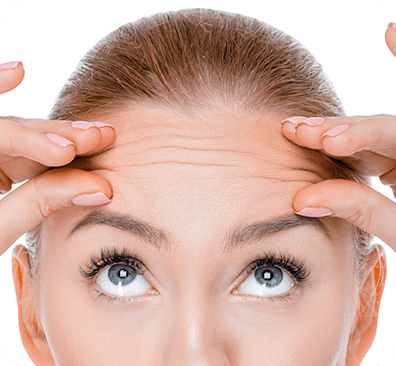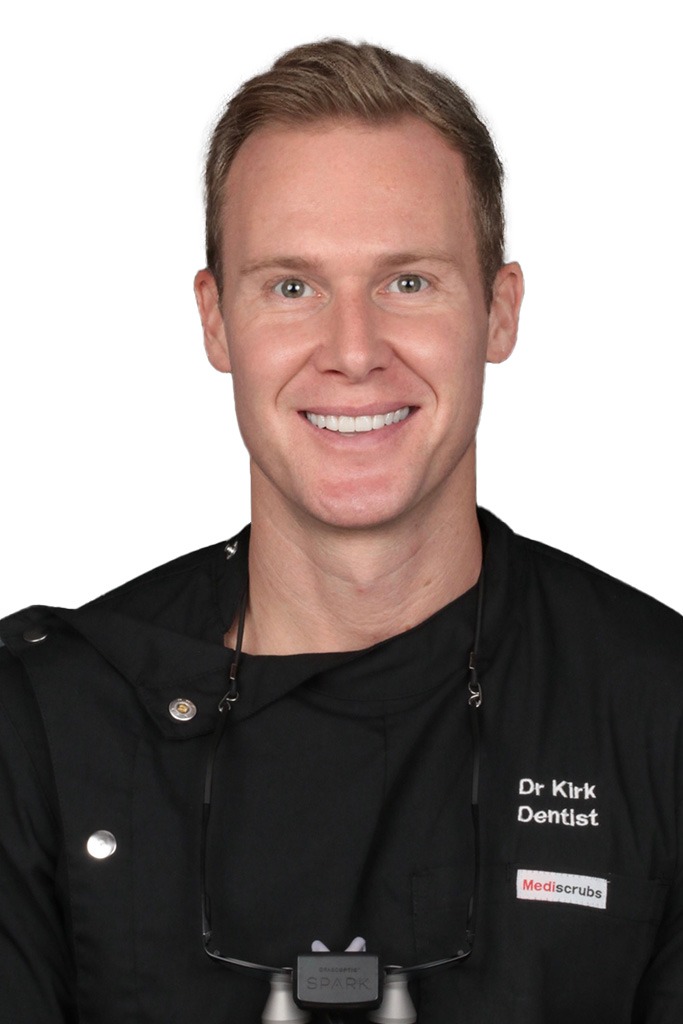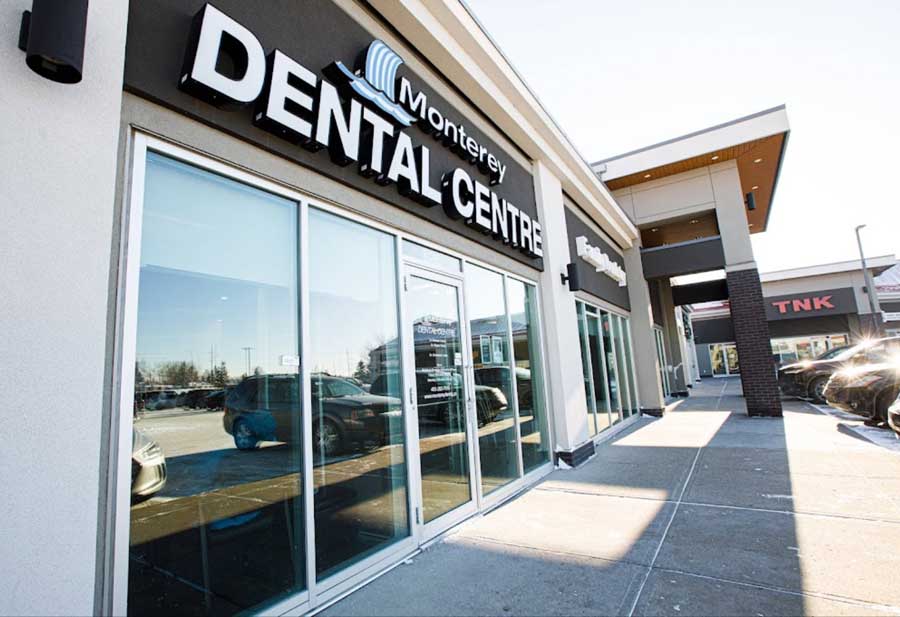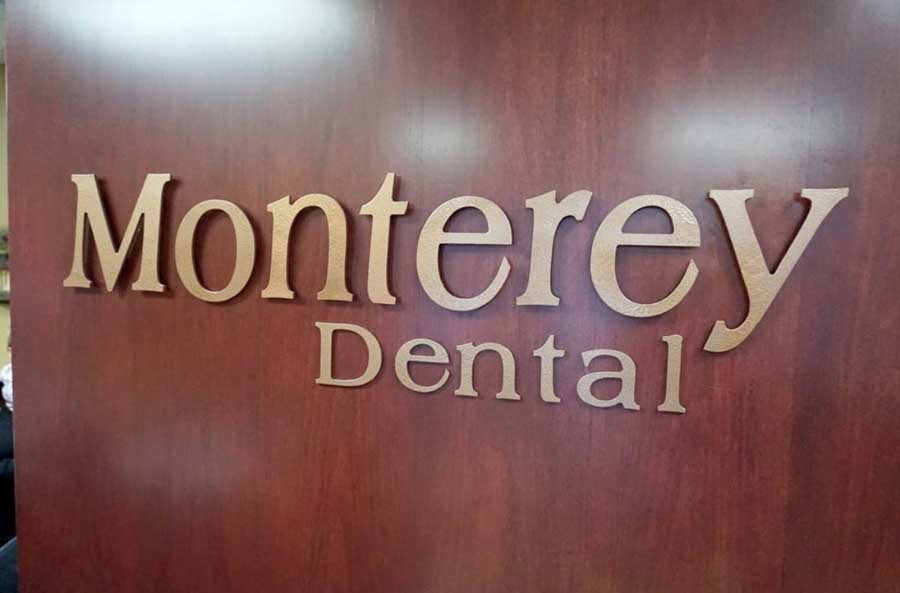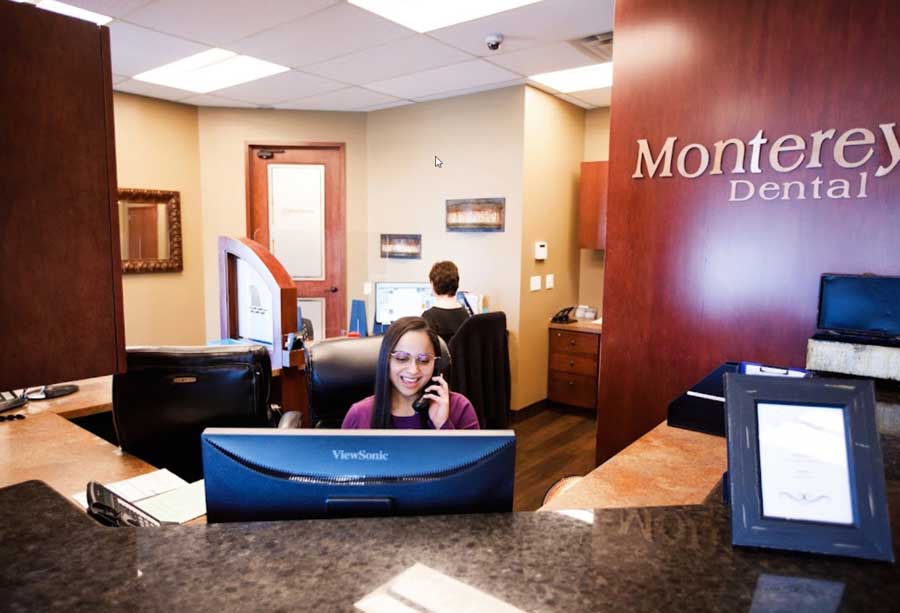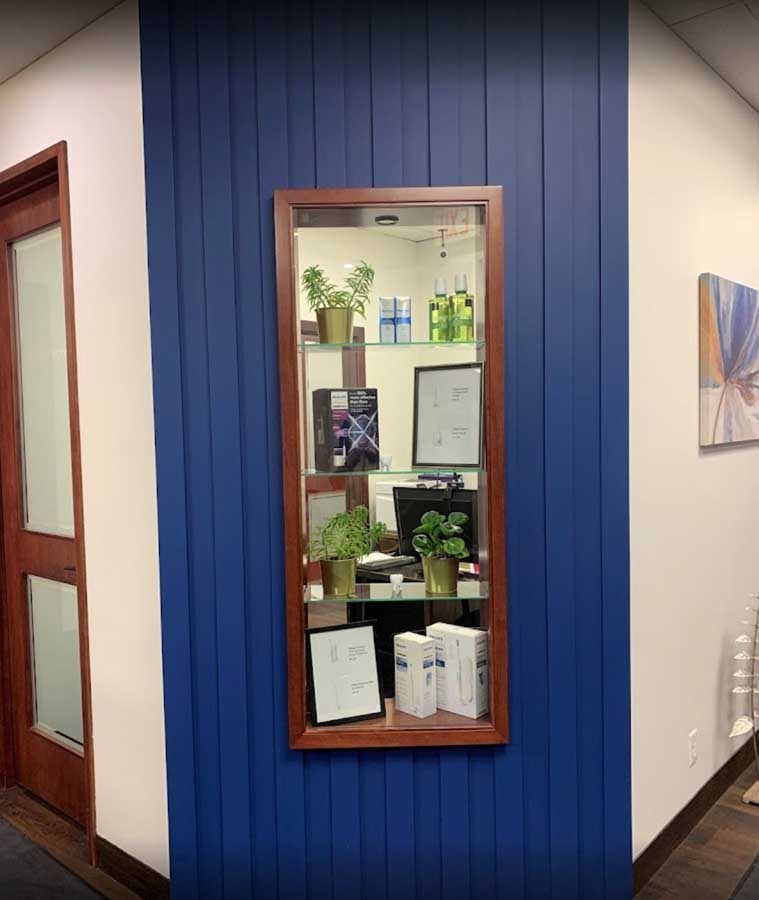Welcome to Monterey Dental Centre! We’re conveniently located in the Monterey Square Shopping Plaza in Northeast Calgary next to Co-op and McDonald’s. Thank you for considering us as your oral health care provider.
At our NE Calgary Dental Clinic, your oral health is our top priority! When we treat you like family, that is our way of showing we care. We provide families with high-quality general and family dental services in a friendly and gentle environment.
Receive the dental care you need under one roof with our comprehensive general dental services—from dental hygiene and fillings to dental implants and extractions. Dental appointments are made hassle-free for you.
At Monterey Dental Centre, we follow the latest Dental Fee Guide for all your billing. That is why we offer Affordable Dental Care to NE Calgary and area. We also offer Direct Billing to your insurance. Be sure to ask our team how they can help you get the most from your dental insurance!
Our Dental Team will customize your dental treatment plan to match your specific needs, lifestyle, and goals. Even if it’s been years since you last visited a dentist in Calgary, no one’s judging you. Rest assured that you’ll receive complete attention from our friendly, welcoming Monterey Dentists.

